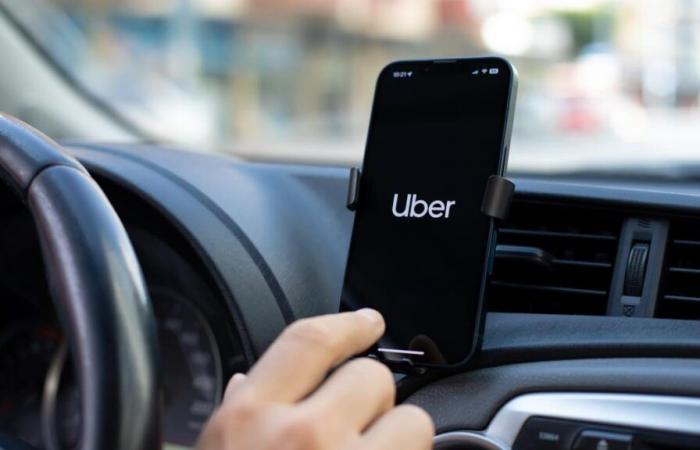Chis time is good: after an incursion into a few towns in the south of the country, Uber is preparing to conquer Wallonia. Already widely present in Brussels and Flanders, the American multinational will establish itself throughout Wallonia at the beginning of next month.
The date was not chosen at random: on 1is December comes into force a Walloon decree which reforms the legislation on taxis. This now includes “street taxis”, emblematic of applications like Uber, which are added to the already known “station taxis” which are located in predetermined locations. A way to regulate the market between professional taxis and LVC drivers (car rental services with drivers).
Also read
A decree opens Walloon roads to Uber
Uber had already made a first breakthrough in four Walloon cities (Liège, Namur, Charleroi and Mons) with its UberTaxi service (for station taxis). From now on, it is with the emblematic UberX that the multinational intends to seduce Walloons. “Our debut in these cities was very exciting,” rejoices Laurent Slits, operations manager for Uber Belgium. “This reinforces our idea that there is something to do in Wallonia. » Although he is careful not to mention a number of trips – “increasing since the beginning”, he assures – or registered drivers, Laurent Slits assures that he has had concrete contacts with a number of drivers and potential customers: “Word of mouth works, passengers talk to each other, drivers too… I am convinced that Wallonia will follow the same model as the other regions of the country. »
Above all in (large) cities
Future users will nevertheless have to be patient: if Uber says it is “fully ready”, drivers will only be able to request licenses from 1is December. “Will we be active everywhere in Wallonia right away? No,” admits the manager. “But I am hopeful, all the signals are green. When there is a reform, there is always a little adaptation time. It will be gradual and everything will depend on the responsiveness of the municipalities. » Because, this is a difference with the Flemish and Brussels systems, the licenses will be issued by the municipal administrations – which will force a driver to only take passengers from or to the municipality where he is registered. Consequence: it is above all the large and medium-sized Walloon towns which will be “active” on the application. “But if we take the example of Flanders, after the big cities, small towns began to be connected and now there is also an offer in certain villages,” explains Laurent Slits, who, despite the legislation he considers less favorable in Wallonia, “remains very positive on the possible development” on the Walloon side.
Is the arrival of Uber good news for mobility in the south of the country? To avoid a “taxi war”, the decree provides, in addition to the municipal license system, several guidelines such as a minimum price (1.65 euros per kilometer, 8 euros per trip), a maximum number of street taxis authorized per municipality (one vehicle per 1,500 inhabitants), etc. “Like carpooling or shared cars, taxis are a necessary segment for mobility,” explained the former Walloon Minister of Mobility, Philippe Henry (Ecolo), initiator of the reform, at the time of its adoption. “This reform makes it possible to offer citizens a more flexible, modern, secure, transparent, sustainable and expanded offer with the arrival of platforms (…) with guidelines put in place to avoid deregulation of the sector. »
Belgium






